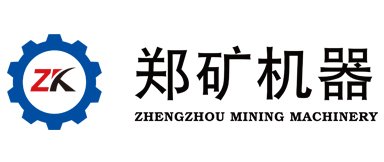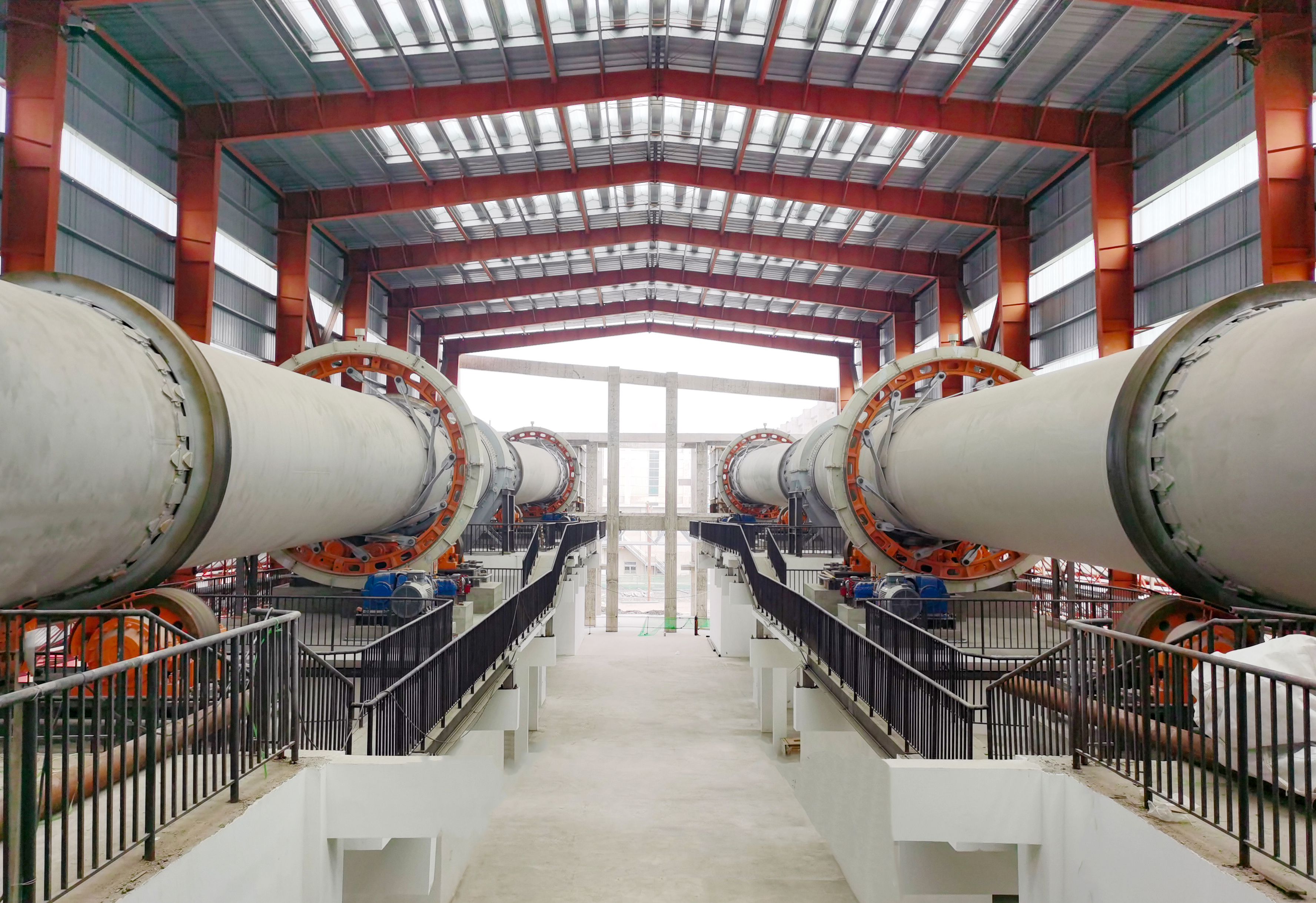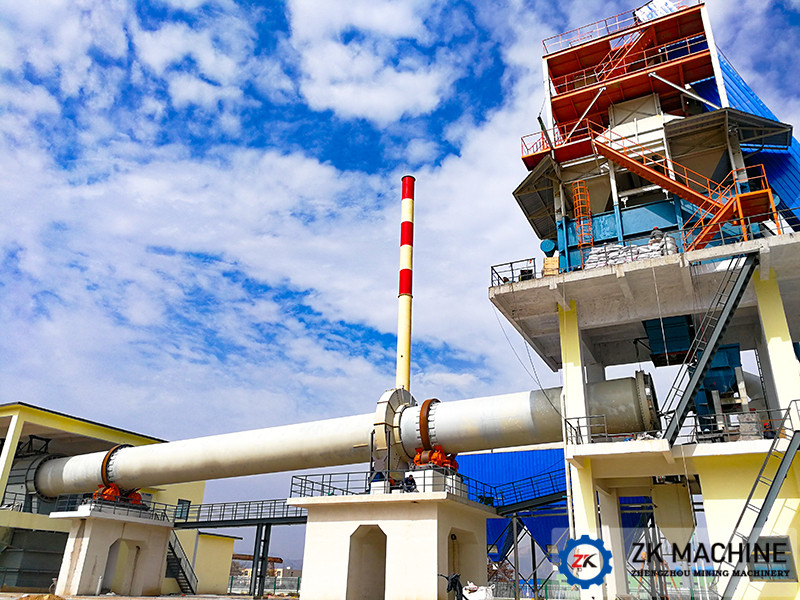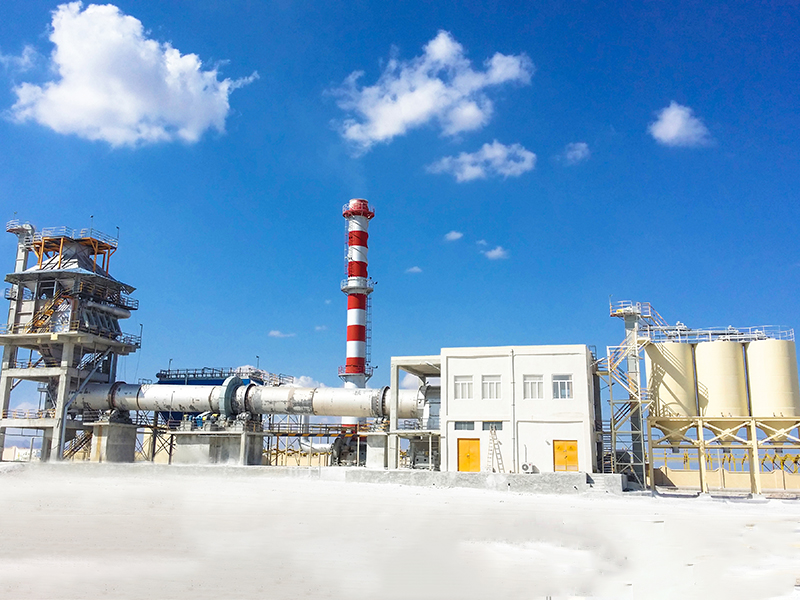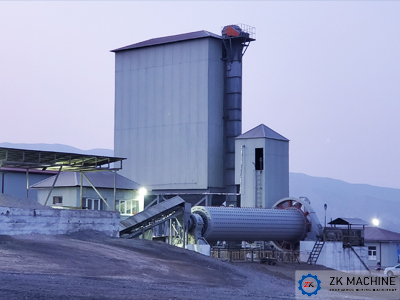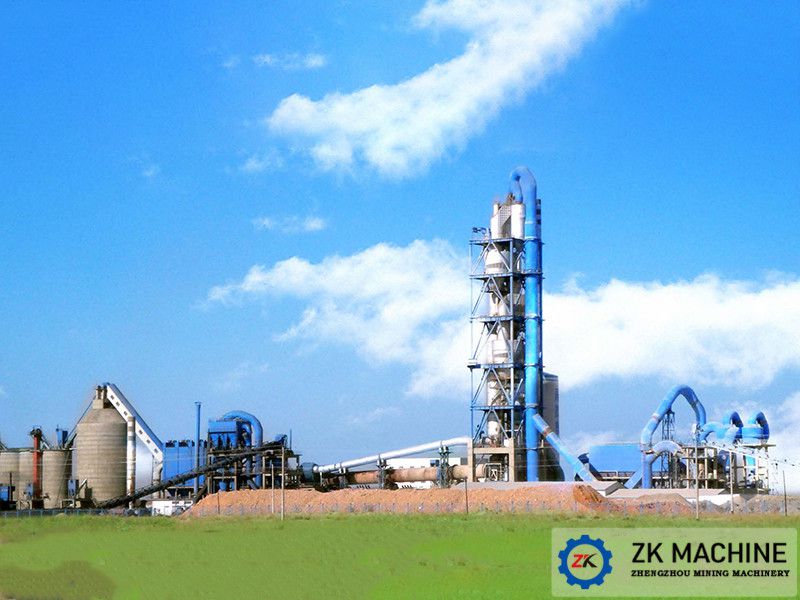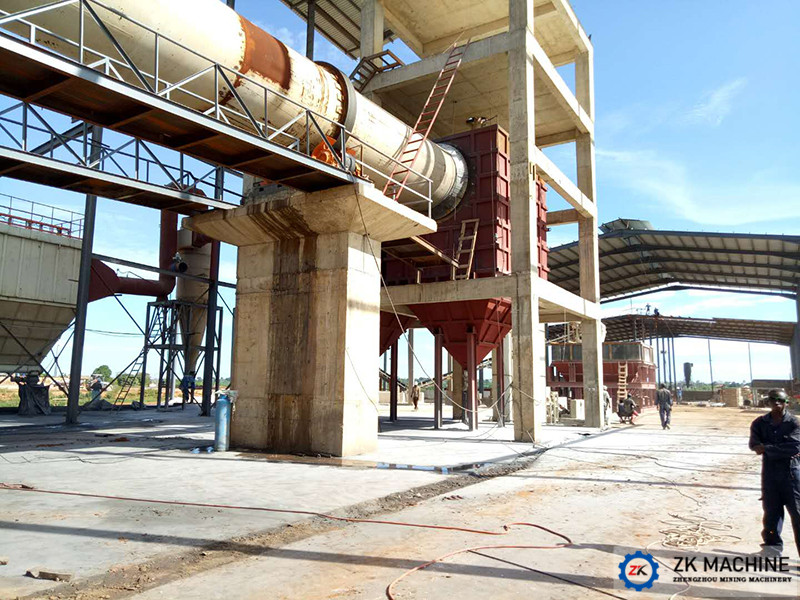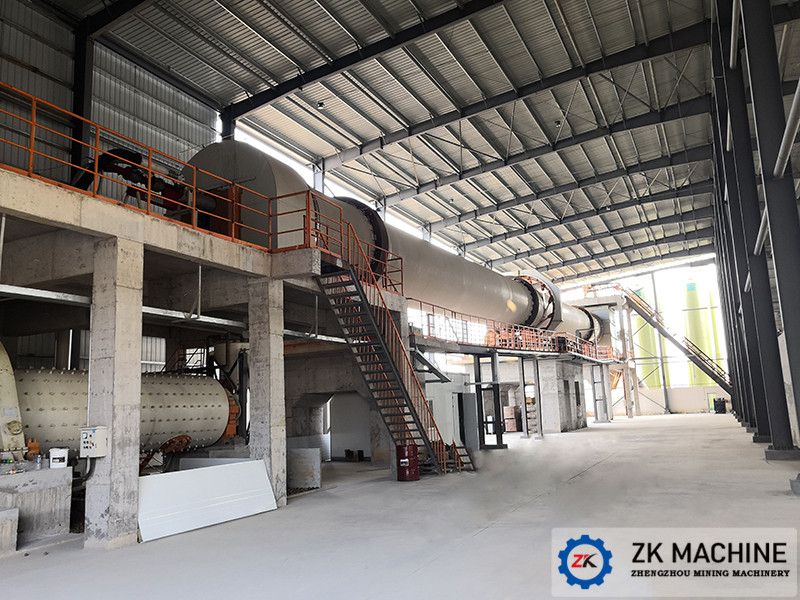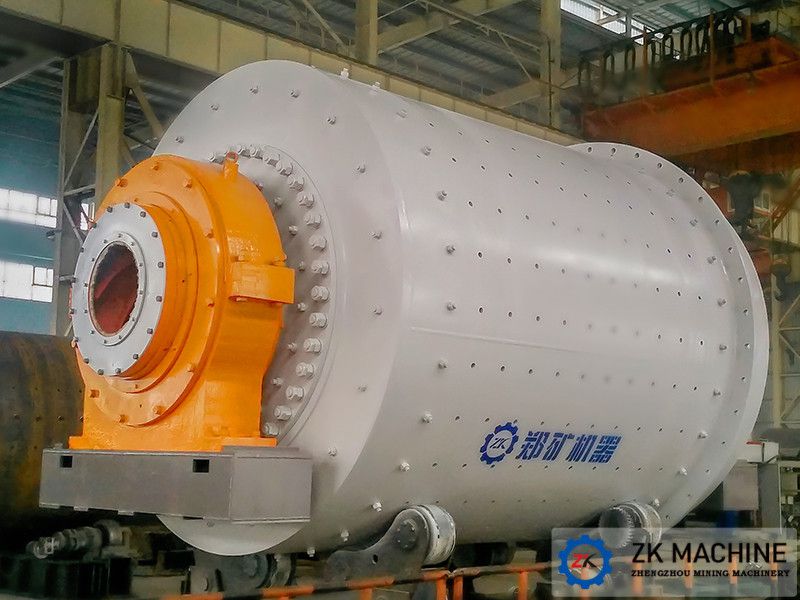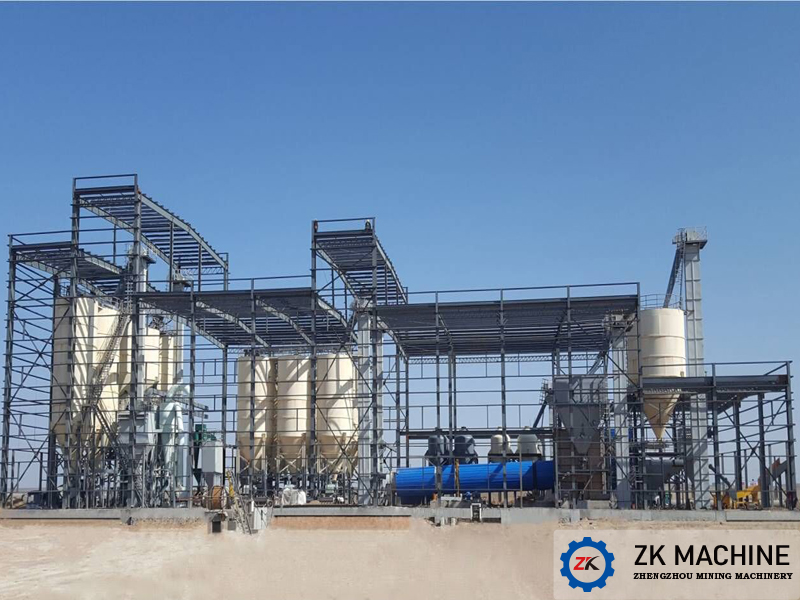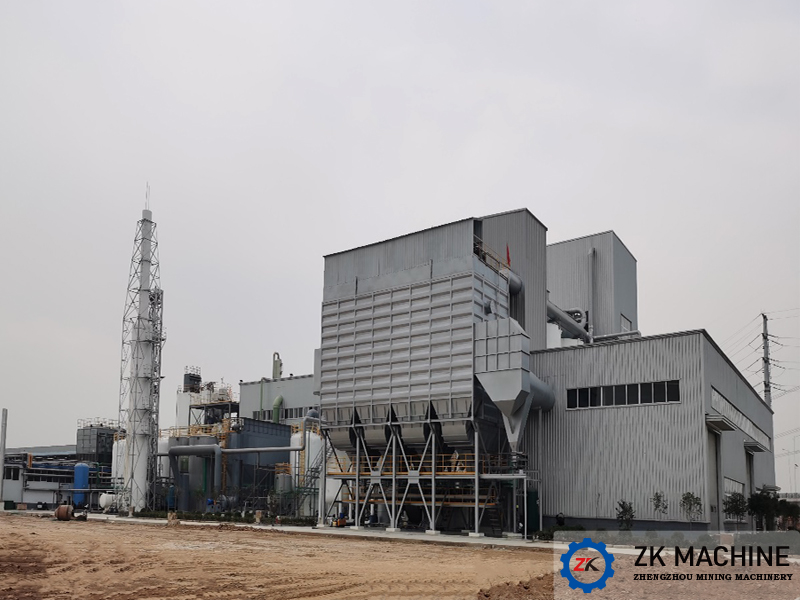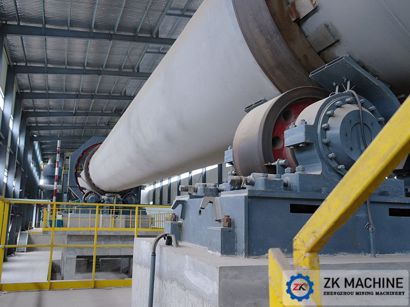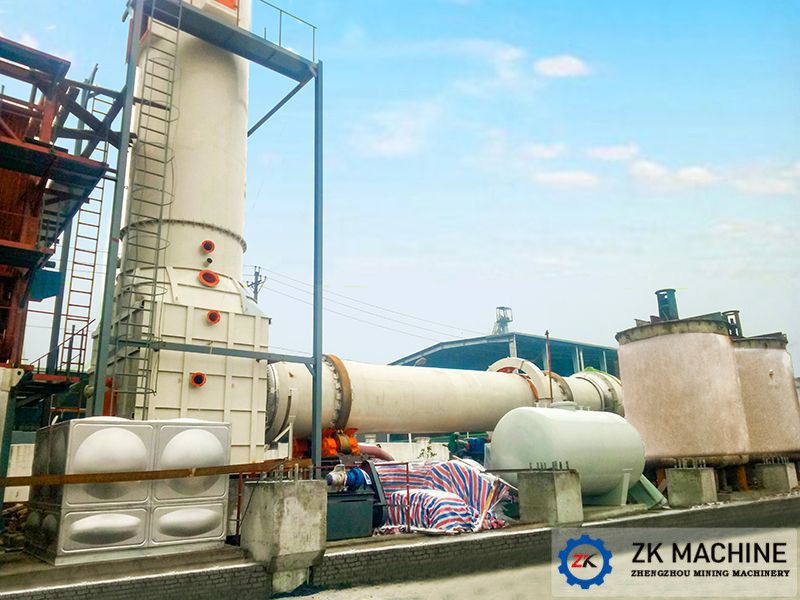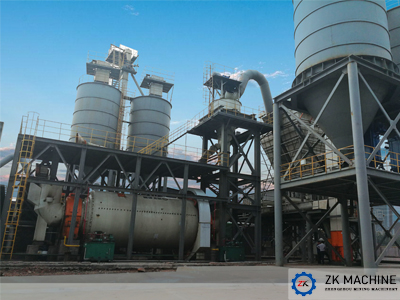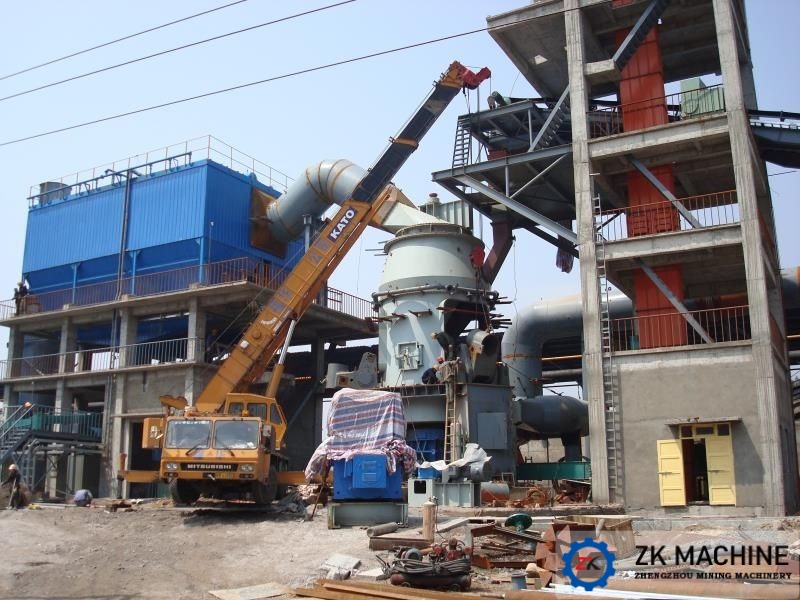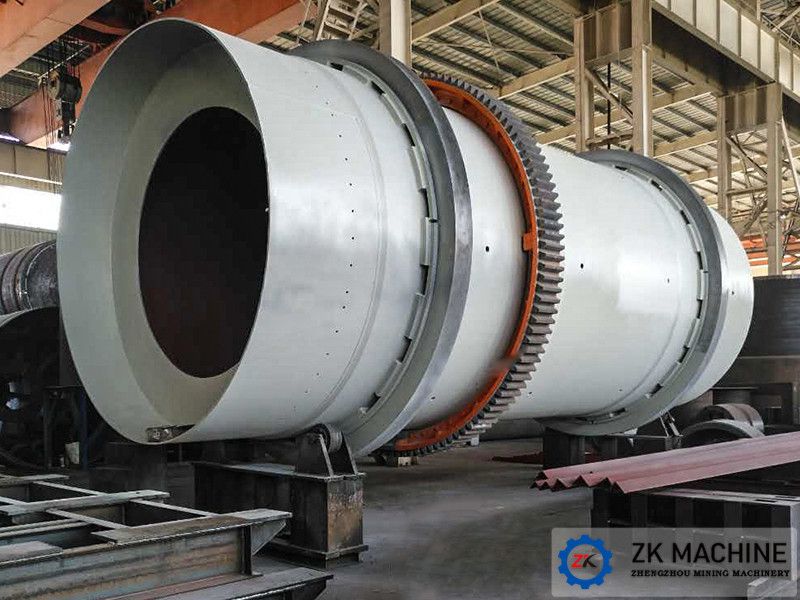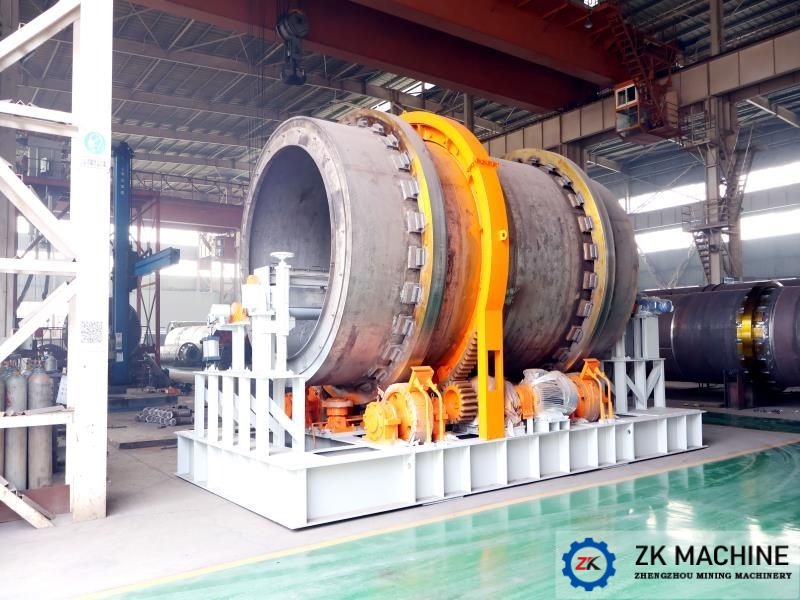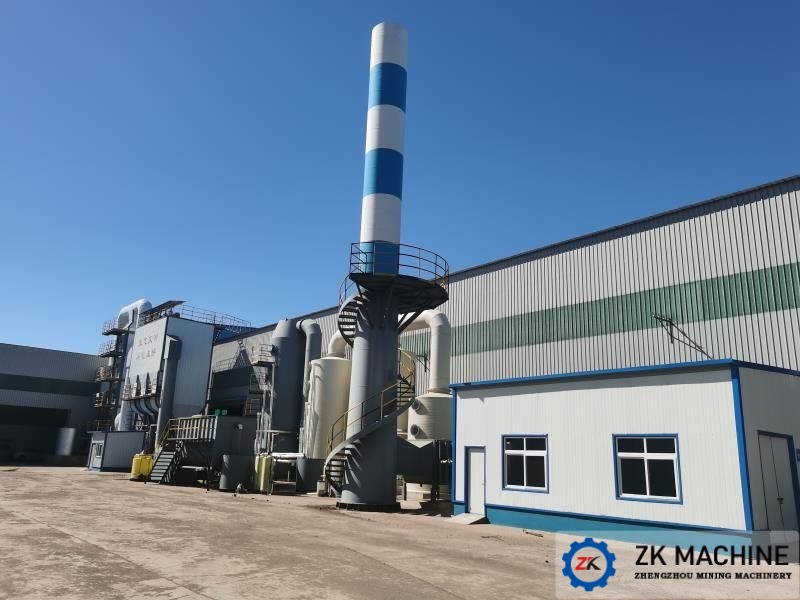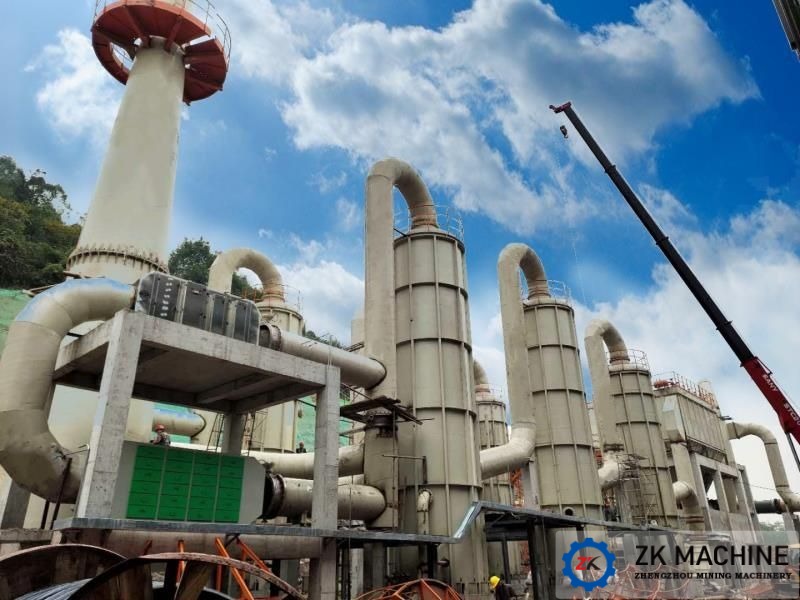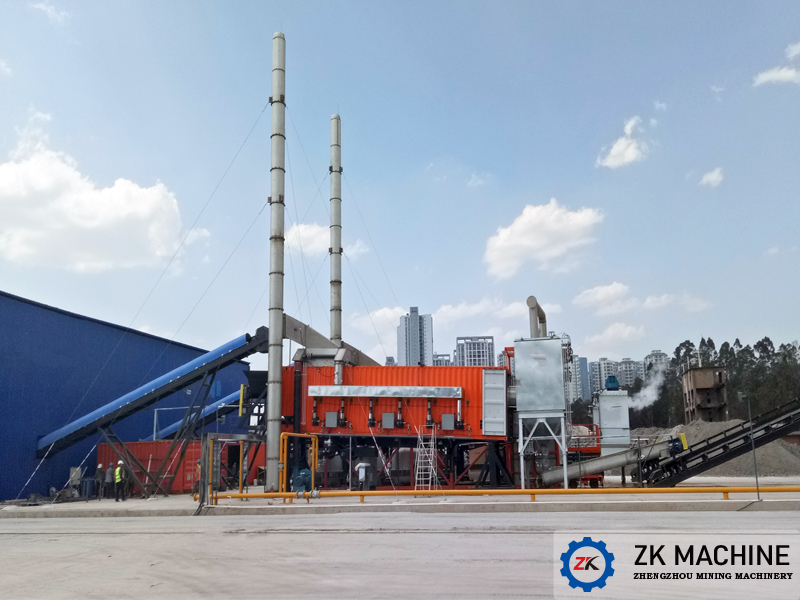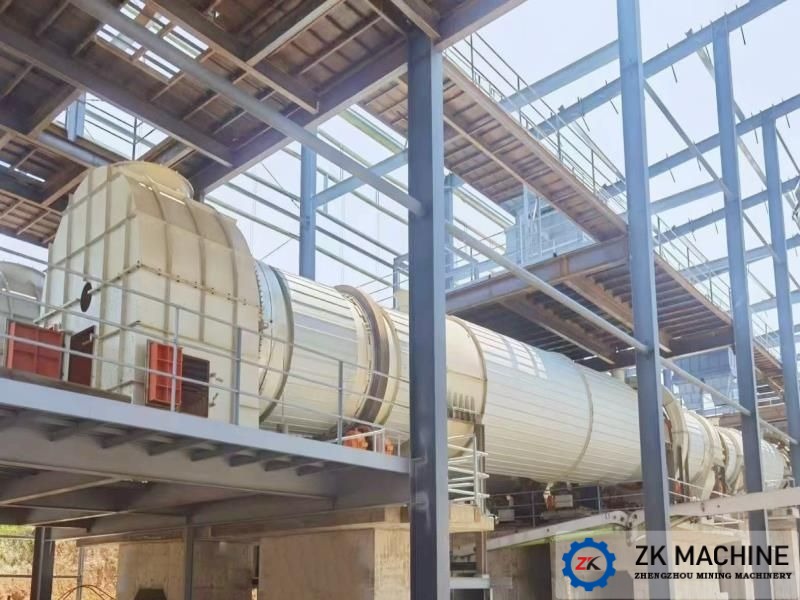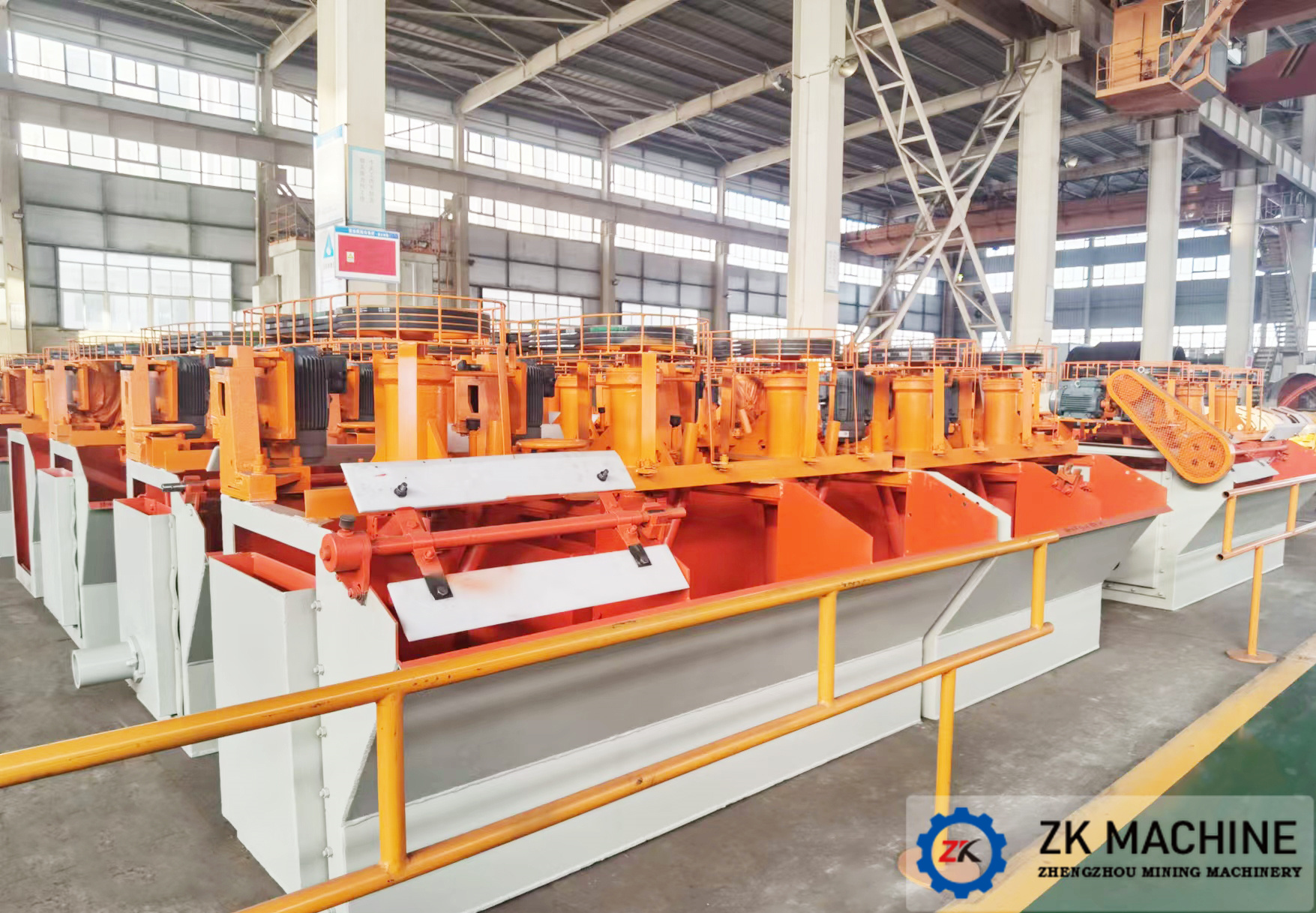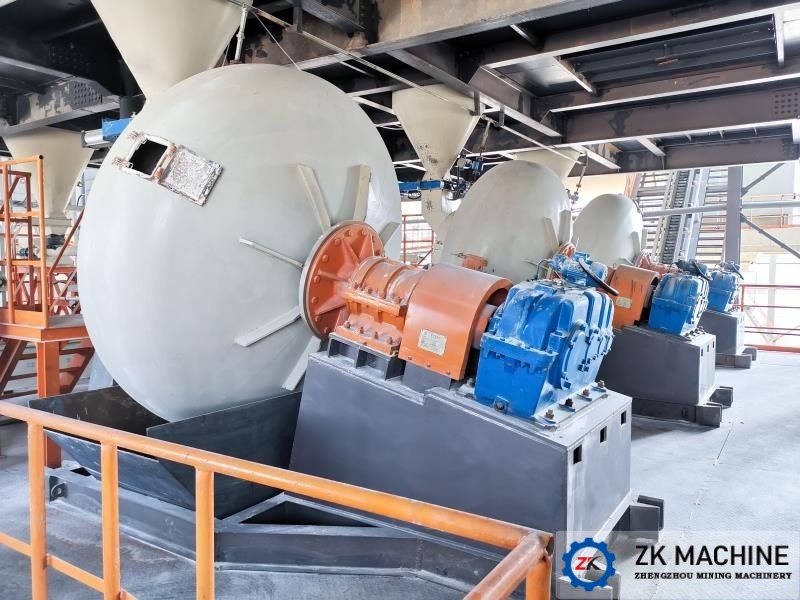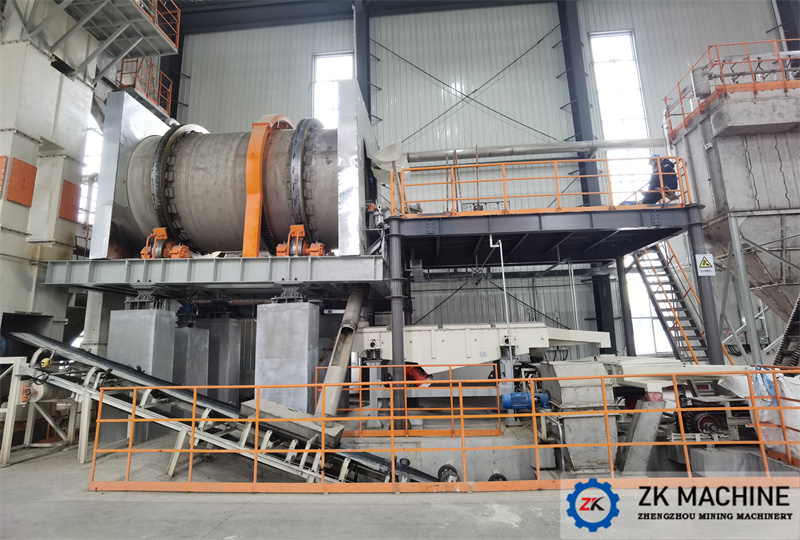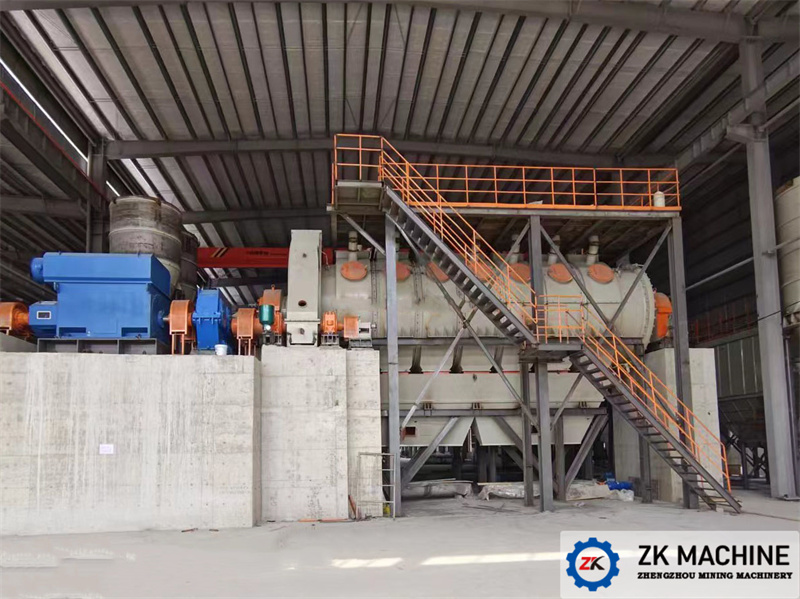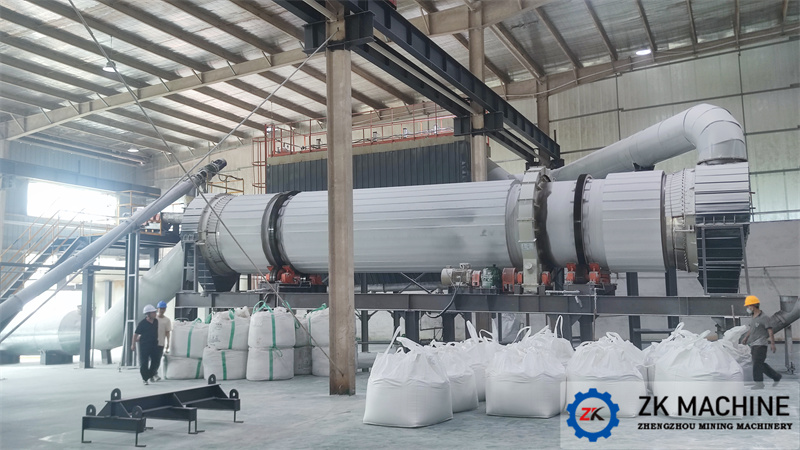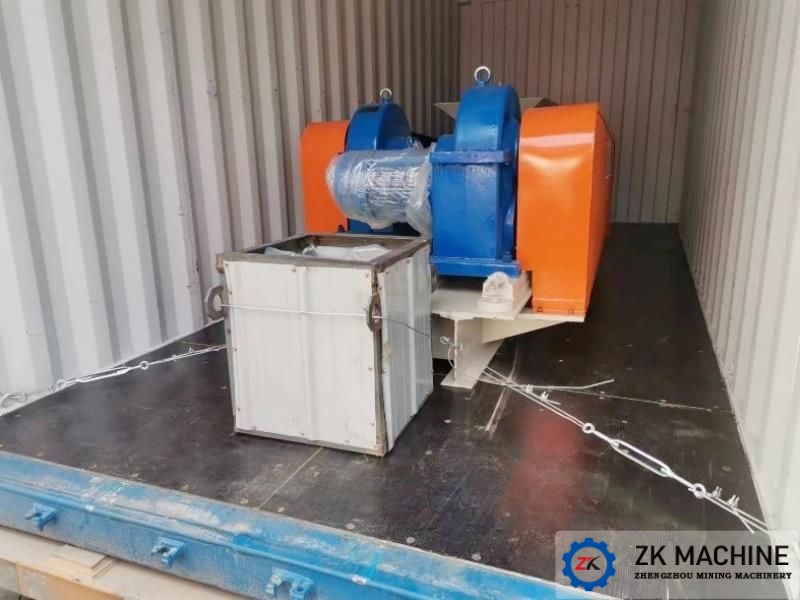Dolomite Calcination Principle and Equipment
When calcining dolomite, magnesia and aluminum are fused, and the internal calcination process is actually an endothermic decomposition process. The thermal decomposition of dolomite is carried out in two stages: first, MgCO3 decomposes to generate MgO; then CaCO3 decomposes to generate CaO . The decomposition temperature of Mg2CO3 needs to be 720℃~800℃, and the decomposition temperature of CaCO3 needs to be 900℃~930℃. In actual production, the calcination temperature is also slightly different due to the differences in the characteristics of the ore in various places and the particle size of the calcined ore.
Generally, the calcination temperature is set at 1100 ° C to 1250 ° C, which can be determined through experiments. If the calcination temperature is too low, the decomposition will not be complete, resulting in "less-burning" phenomenon; when the temperature is too high, the MgO grains will grow and gradually lose their activity, resulting in "over-burning" phenomenon.
Dolomite Calcination Equipment——Dolomite Rotary Kiln
1. The hydraulic thrust roller system can effectively improve the calcination effect of the equipment, and at the same time increase the calcination efficiency by more than 80%.
2. The metering plunger pump is imported from German technology, with high metering accuracy, which can better control the temperature in the kiln body and make the dolomite calcined more fully.
3. The kiln body and its internal main components made of high-quality materials can greatly improve the quality and reliability of the equipment and prolong its life by about 3-5 times.
4. The simplified and rationalized structural design can effectively reduce the occupied area and the weight of the machine body, thereby effectively reducing its operation difficulty and reducing transportation costs by 40%.
Calcination Precautions
1. Good preheating of dolomite in the dolomite rotary kiln is a necessary condition to ensure the quality of calcination and energy saving and consumption reduction. During the calcination process, the ore preheating should be strengthened as much as possible, and the kiln speed should be reasonably controlled. Ensure that the thickness of the material layer in the kiln is uniform.
2. When the rotary kiln is used as the calcination equipment, the particle size of the ore should be reasonably determined, and the particle size should be kept as uniform as possible. Because it affects the quality and activity of the calcined dolomite.
3. In the rotary kiln, in order to ensure the emission rate of carbon dioxide gas, a certain negative pressure needs to be maintained at the kiln inlet.
